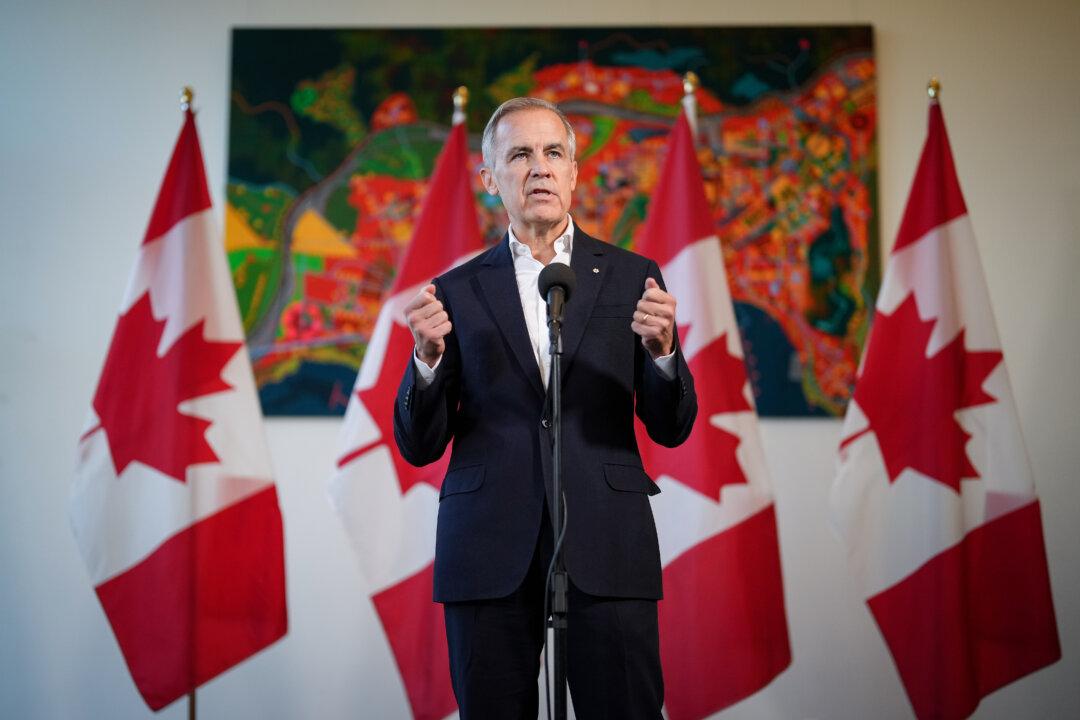Former central banker Mark Carney told a U.S. nightly talk show that he’s a political “outsider,” which he described as an advantage when it comes to potentially running to lead a government facing “headwinds.”
Carney appeared on “The Daily Show” with host Jon Stewart on Jan. 13 to discuss the political situation in Canada, but stopped short of announcing he'll vie to replace Prime Minister Justin Trudeau.





